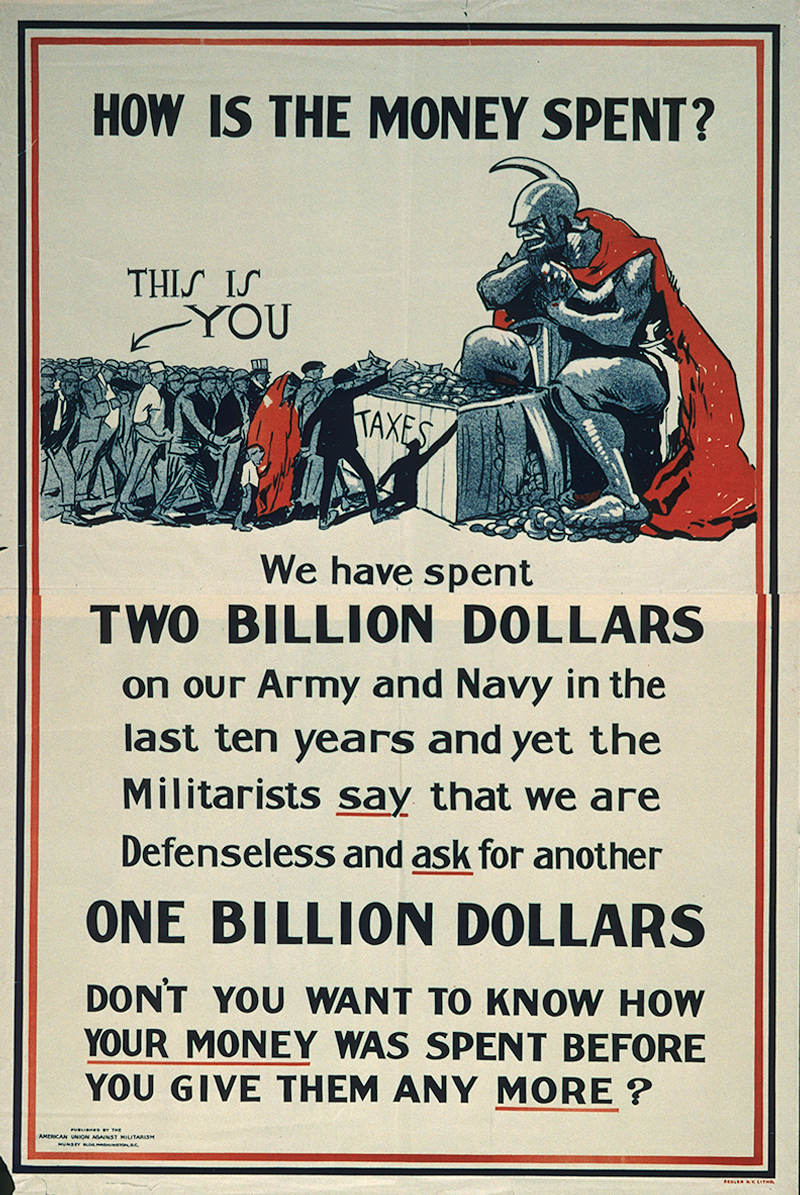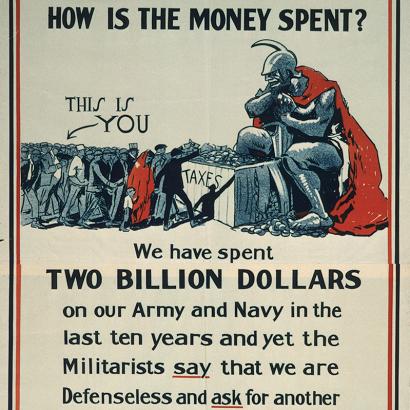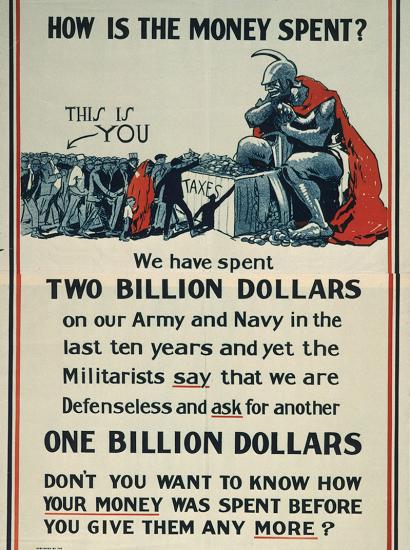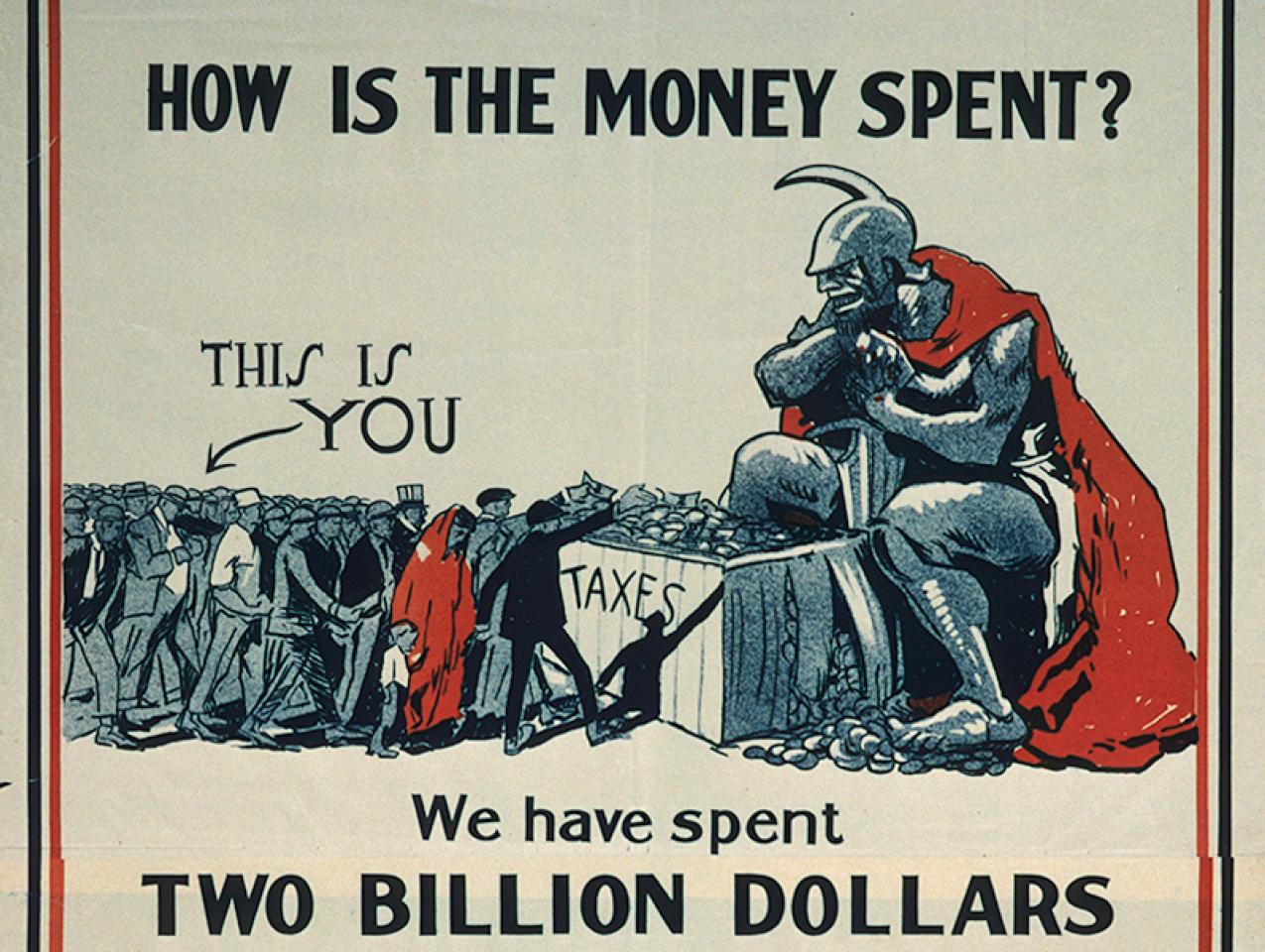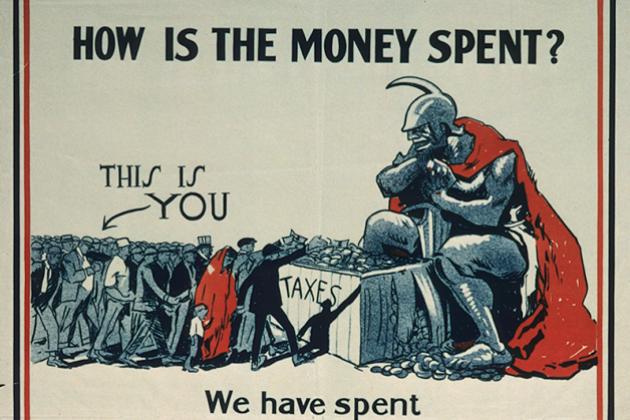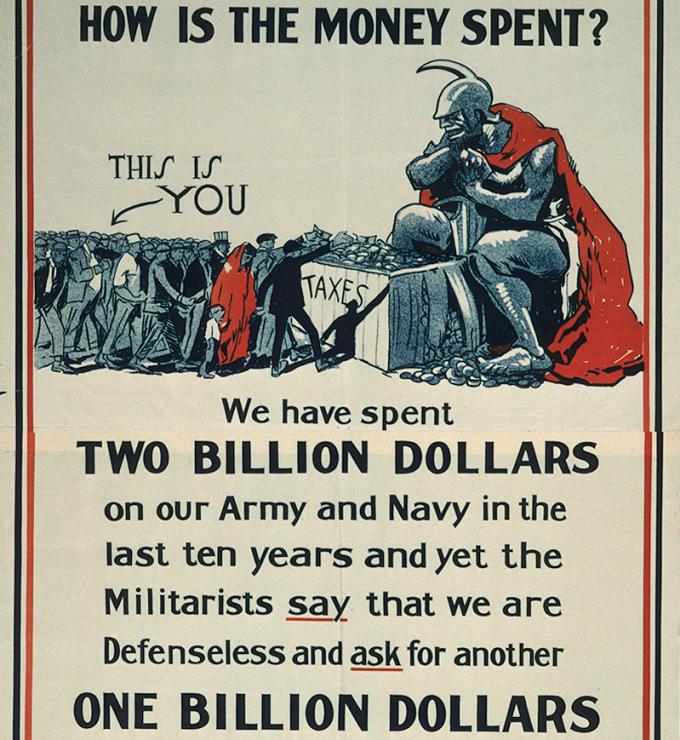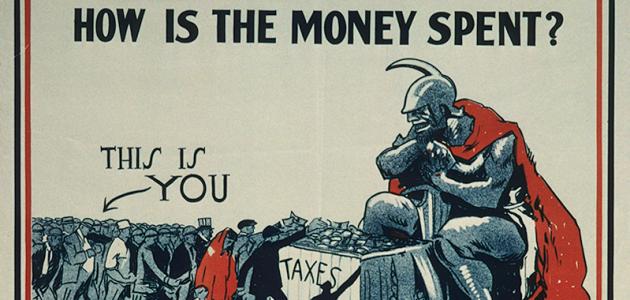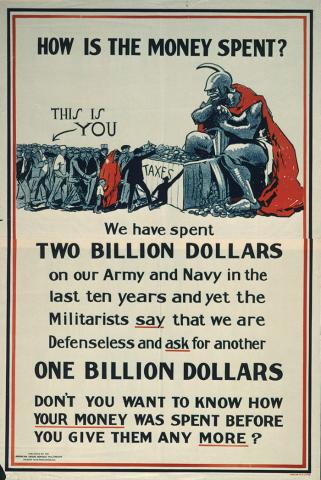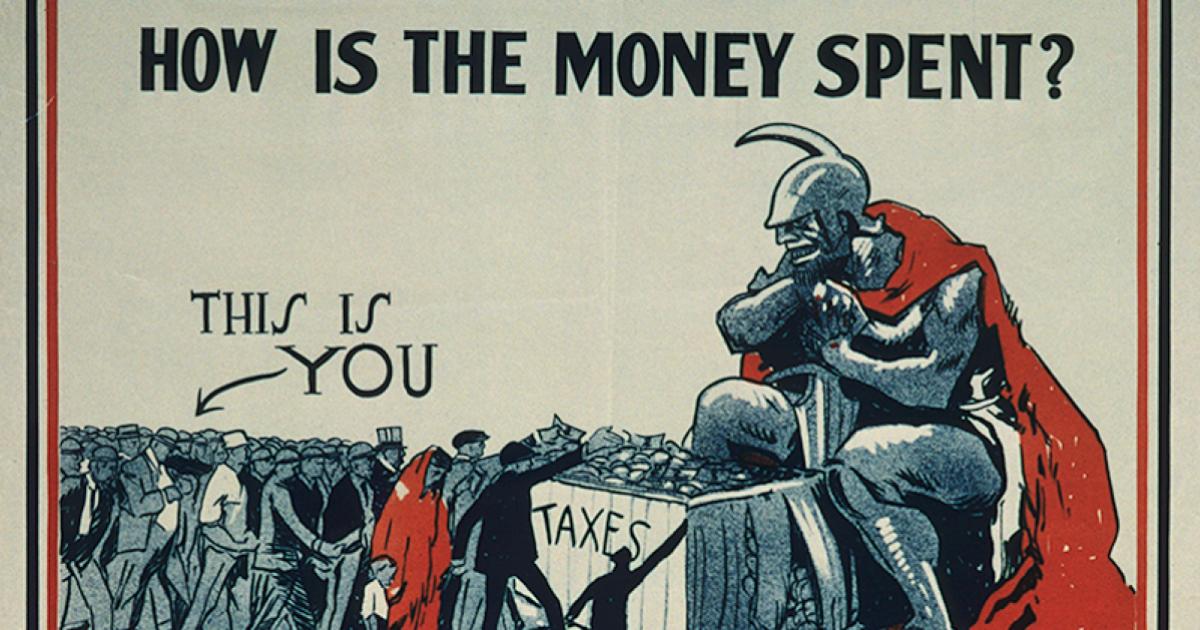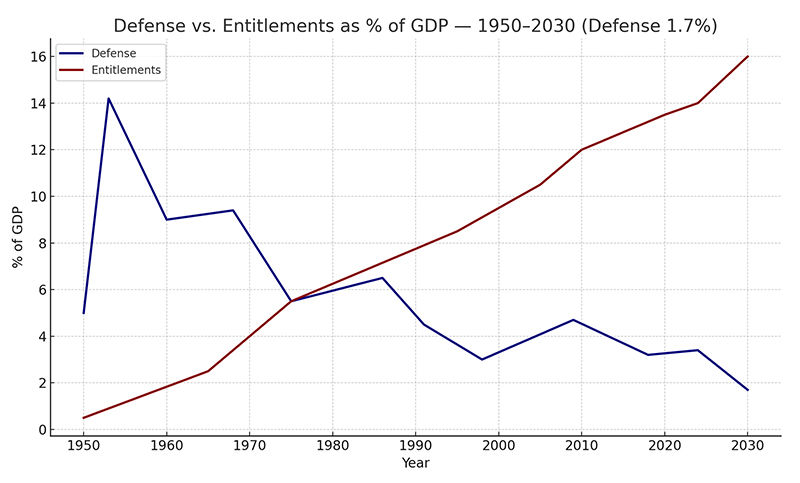
Our leaders have created the conditions for a two-front war that will threaten our civilization within the next decade. On one front, for nearly eight decades Congress has eviscerated the Defense budget, inviting challenge by China. On the other front, Congress is ladling out entitlements that will ensure a national debt crisis. Taking those two trends together, our elected leaders are driving us down the road to national suicide.

The Road to National Suicide
In four essays, I will address: 1) the problem, 2) Defense adjustments, 3) entitlements and debt, and 4) the collision date of 2033.
I. The Problem. Let’s look back. In Vietnam, Iraq, and Afghanistan, American troops won every battle, but Washington lost every war. Why? Every war—quick or prolonged—is decided by two forces: military capability and political will. In all three wars, our troops possessed the capability. It was our political will that broke.
Seven presidents held office during those three wars. Inconstancy was the sole constant. Johnson’s heart was never in his war. On the eve of committing troops to Vietnam, he said, “I don’t think it’s worth fighting for, and I don’t think we can get out.” He plain quit. Nixon believed resurrecting domestic support for the war was impossible. He fought on for four years because he wanted to pull out while not undercutting American global credibility. That was an oxymoron. He made promises he could not keep. As for Ford, he simply did not care. As South Vietnam withered with scant military aid, he did not lobby an obdurate Congress. He stood aside, an observer.
In Afghanistan and Iraq, George W. Bush ordered invasions and then imprudently expanded the missions to build two democracies. That goal exceeded our national interests. It was evangelical, not geopolitical. He was succeeded by Obama, who viewed America’s history as colonialist; Iraq and Afghanistan were examples of overreach, to be rectified. “It is time,” he said, “to focus on nation-building here at home.” His successor, Trump, viewed foreign policy as transactions, with Iraq and Afghanistan offering nothing of value. He was followed by a mentally impaired Biden, who ordered the tumultuous withdrawal from Kabul.
In three wars, our enemies proved more determined than did a succession of American presidents and their advisers. As a consequence of losing, public trust and confidence in the military declined sharply from 70% in 2018 to 50% in 2024. Public and Congressional doubts contributed to the precipitous decline in the Defense budget. We spend 18% of GDP on health care to protect our individual bodies from disease, but less than 3% to protect our nation’s body. This represents a monumental gamble that America will never again fight a major war.
We lost those three wars because our policymakers presumed that we were too powerful to lose. Our unsustainable debt arose from that same hubris. As the economist Milton Friedman pointed out, “government will spend whatever the tax system raises, plus as much more as it can get away with. The legislators are trying to buy votes with the voters’ money.” This damning judgment applies equally to both political parties. “Medicare, Medicaid,” President Trump said. “None of that stuff is going to be touched.” Half of voters receiving Medicaid voted for Trump. Both Republicans and Democrats in Congress have added to entitlements, paid in borrowed money.
In 2025, our debt stood at $38 trillion. Every American owed $110,000 to repay that debt. So what did Congress and President Trump do? They borrowed more. By 2033, the debt will likely exceed $46 trillion. No nation can borrow more every year and maintain a stable currency. JPMorganChase Chief Executive Jamie Dimon has warned that the U.S. is headed for financial disaster. “I tell this to my regulators…it’s going to happen, and you’re going to panic,” he said. “I just don’t know if it’s going to be a crisis in six months or six years.”
We have reached the point where our self-inflicted military weakness and our debt vulnerability are inseparable; one cannot be addressed without including the other.







